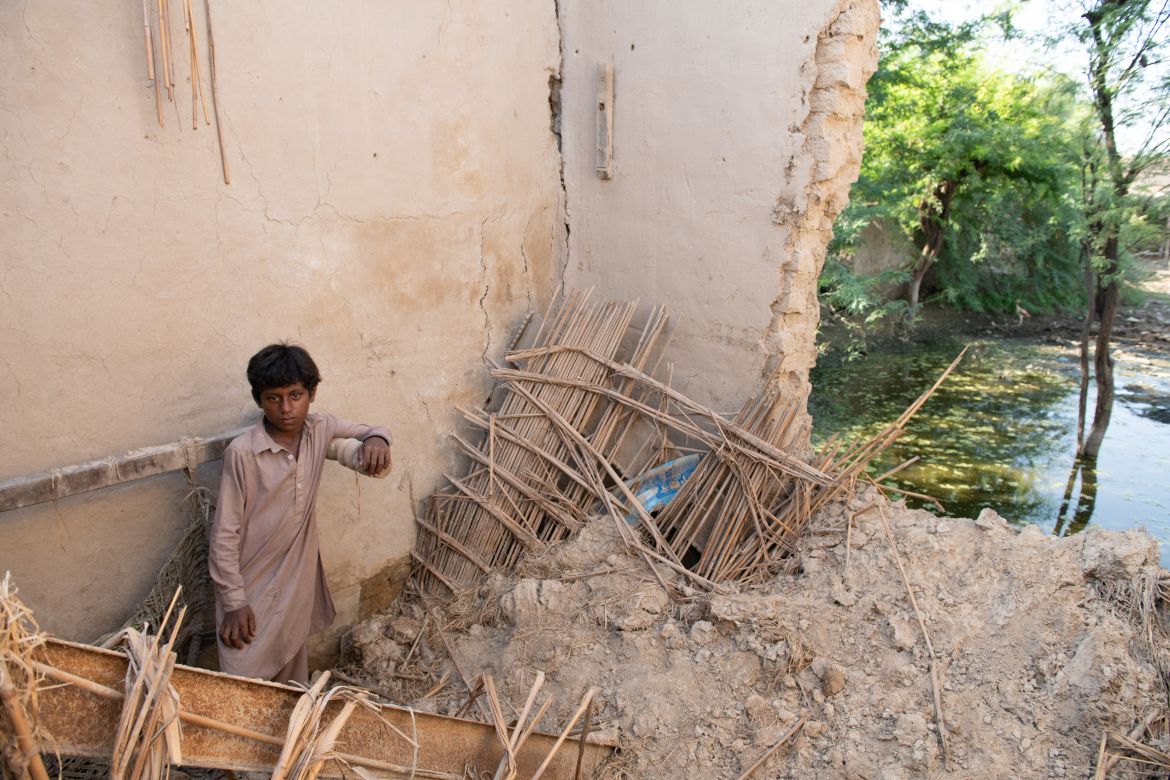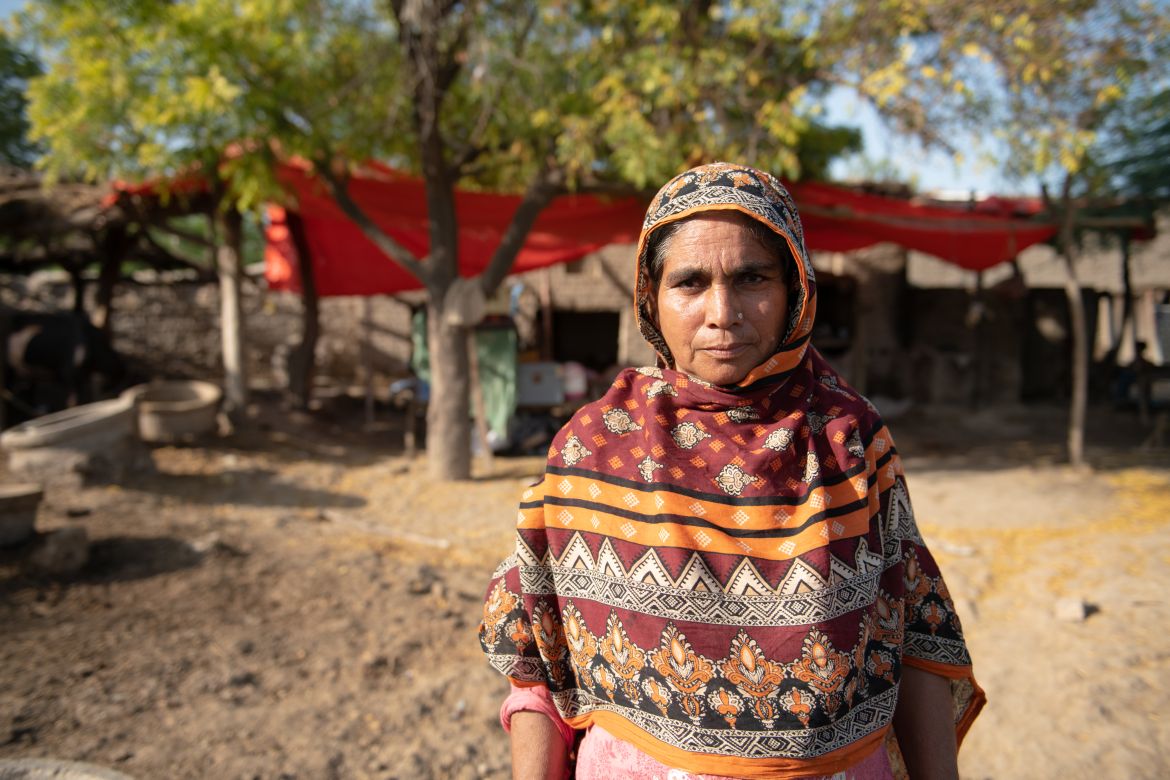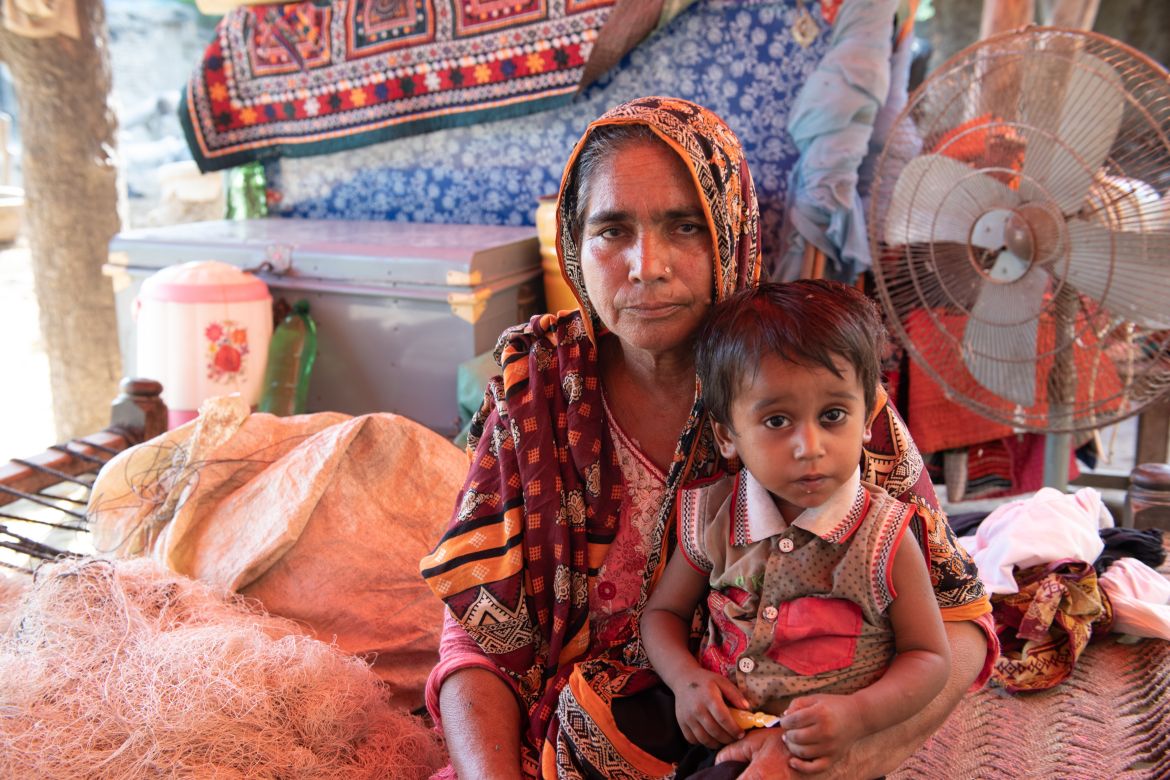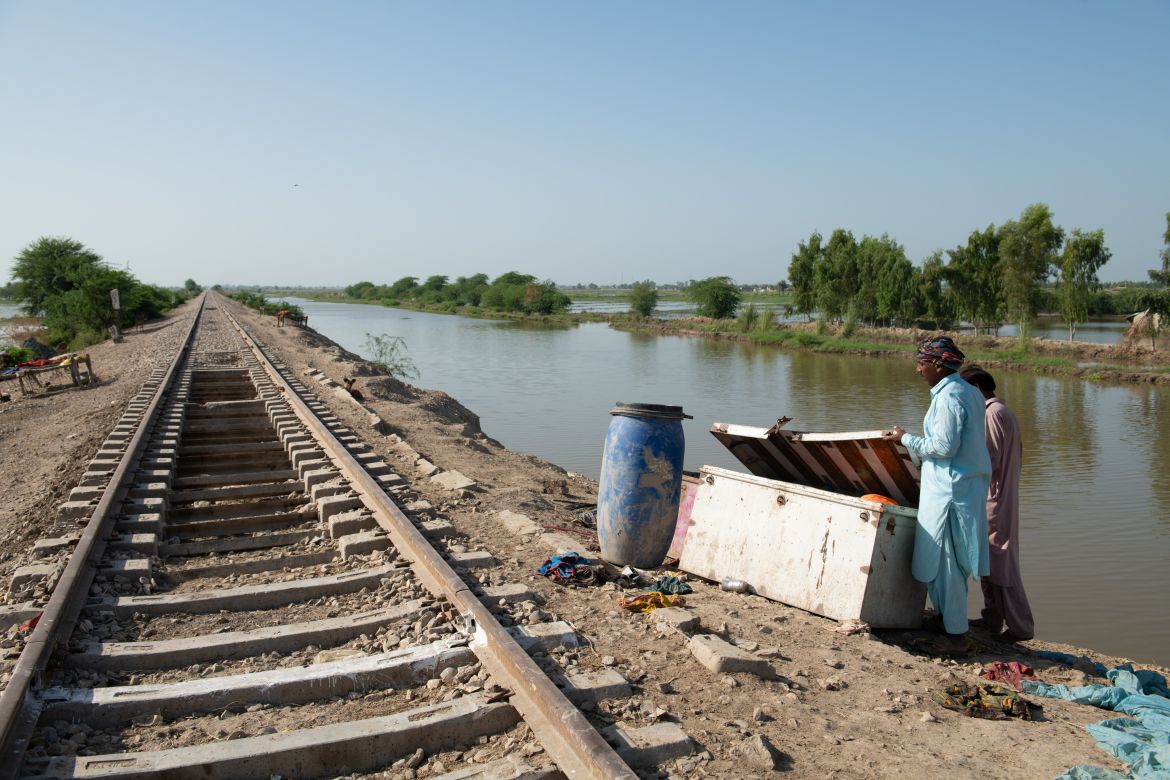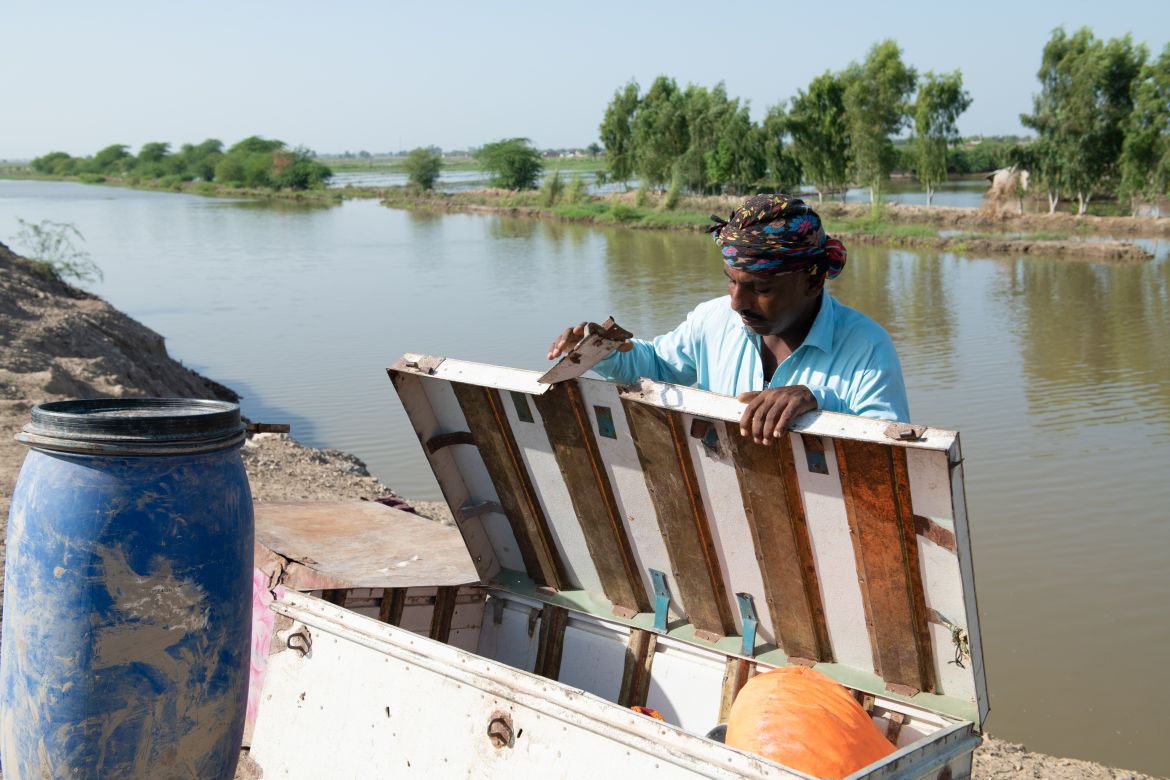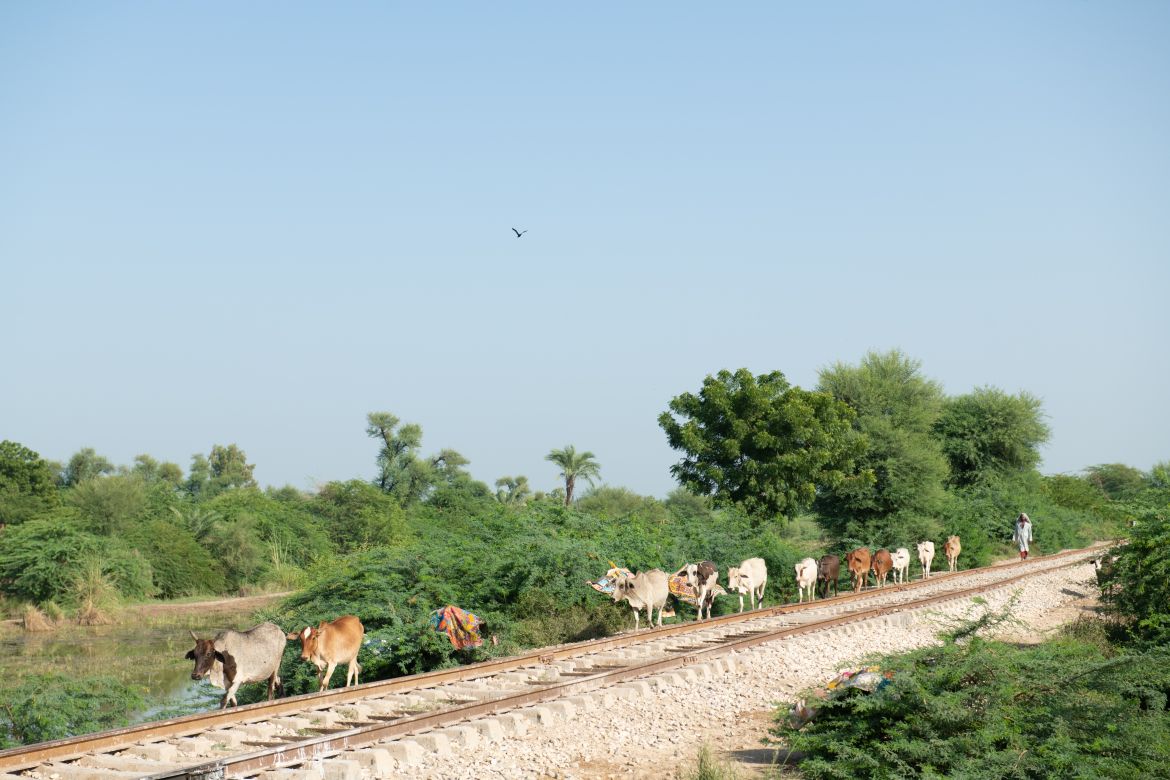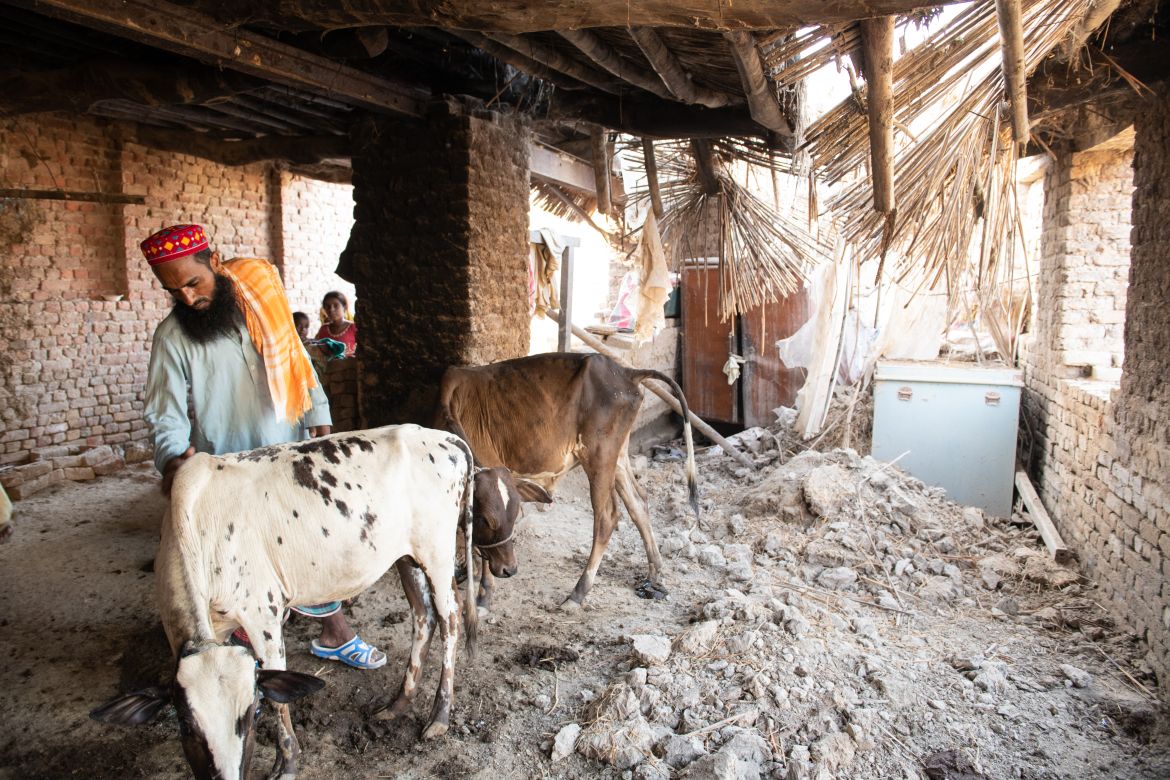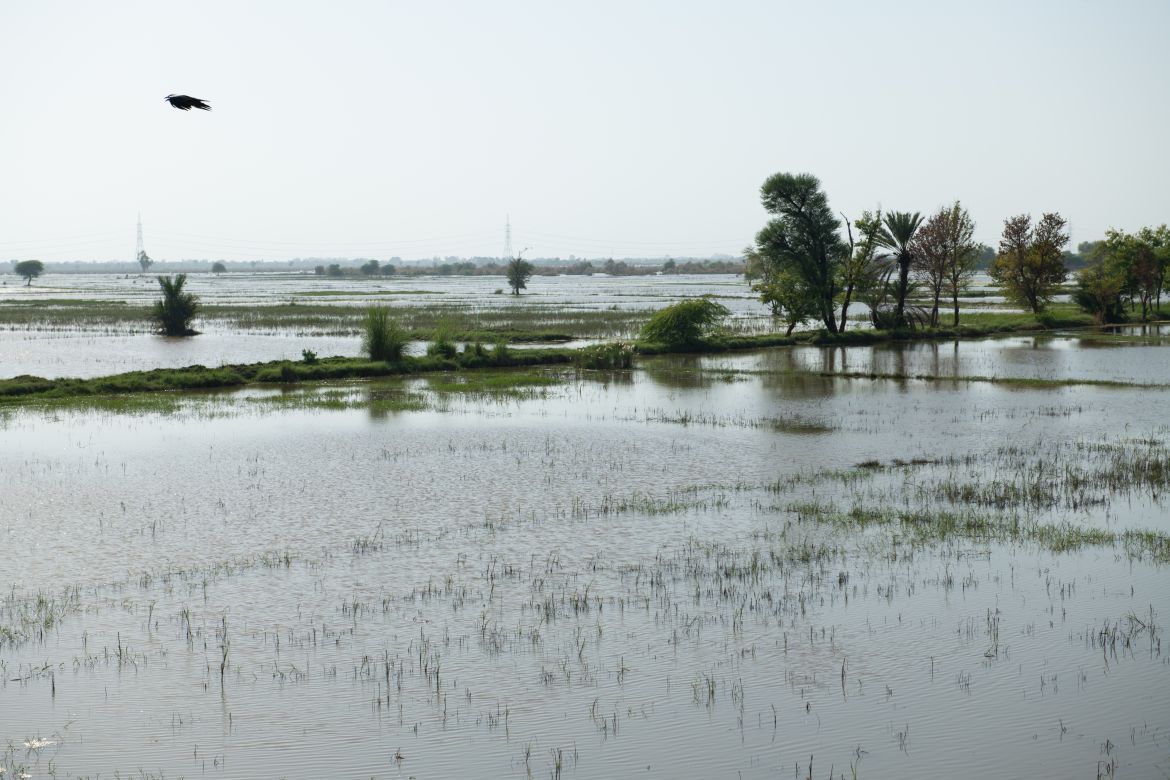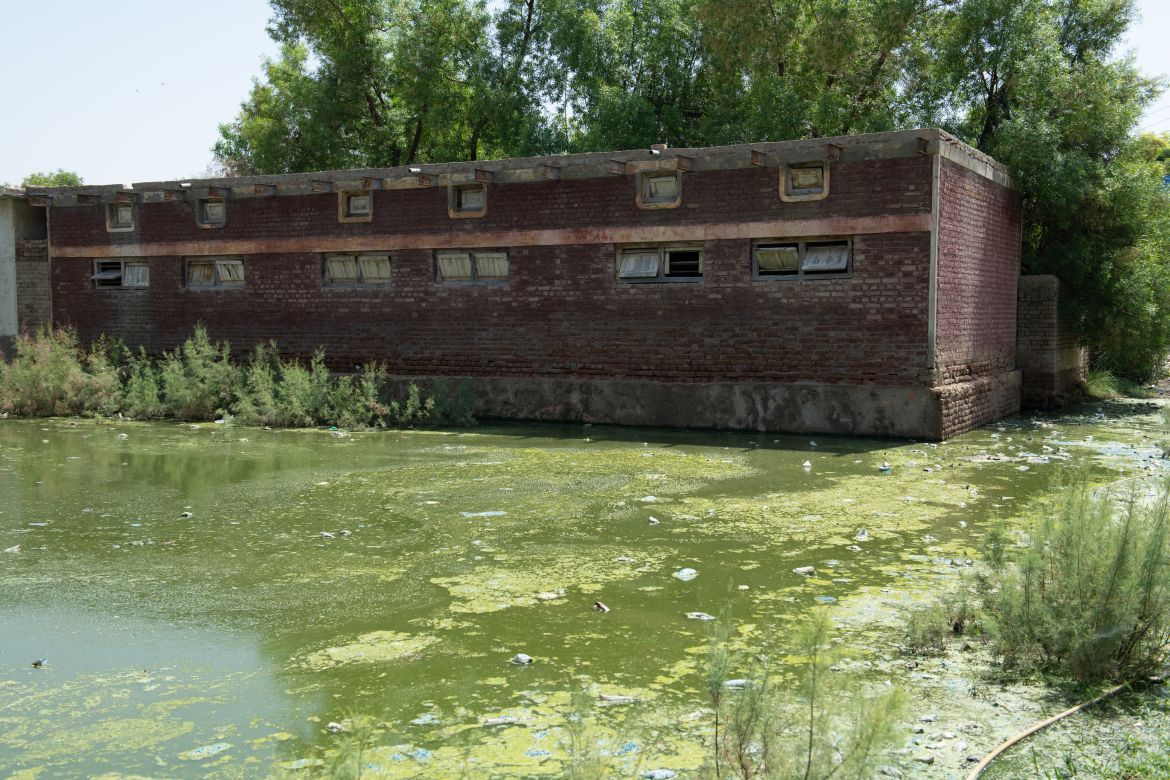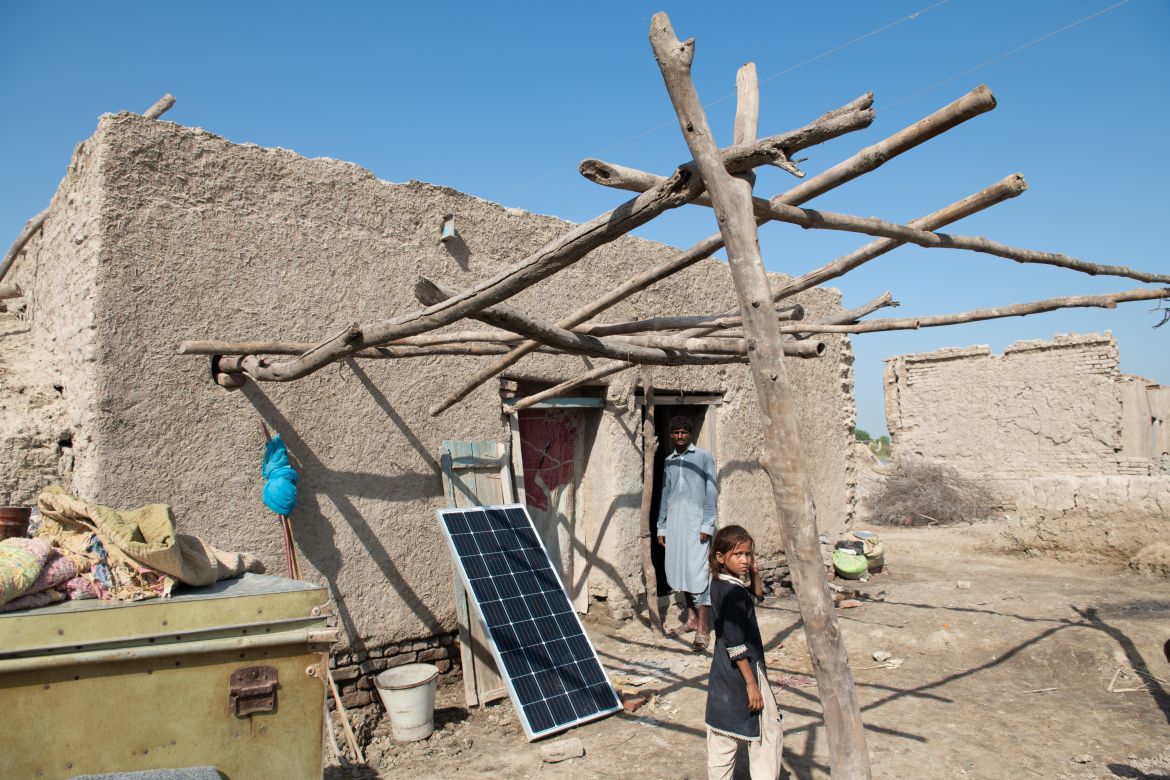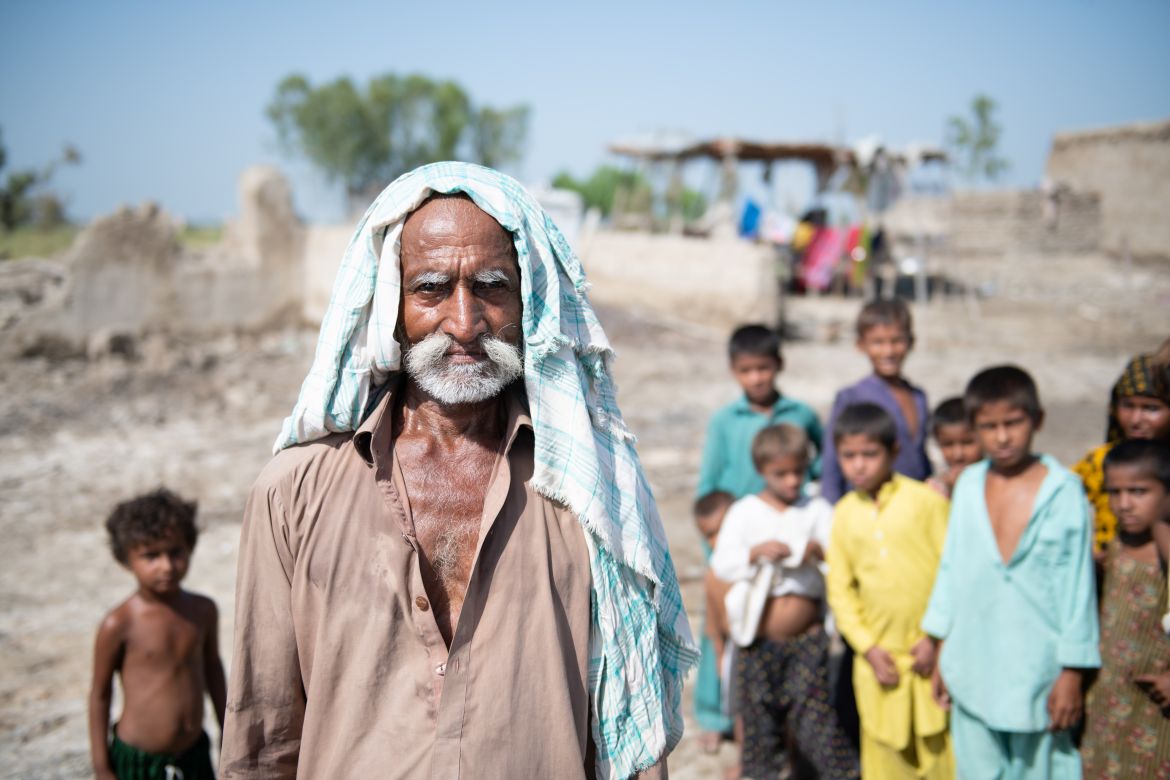In Pictures
Photos: Pakistan’s fishers submerged in ‘climate anxiety’
Deadly floods have triggered ‘climate anxiety’ in the fishing community, a term with no equivalent in their language.
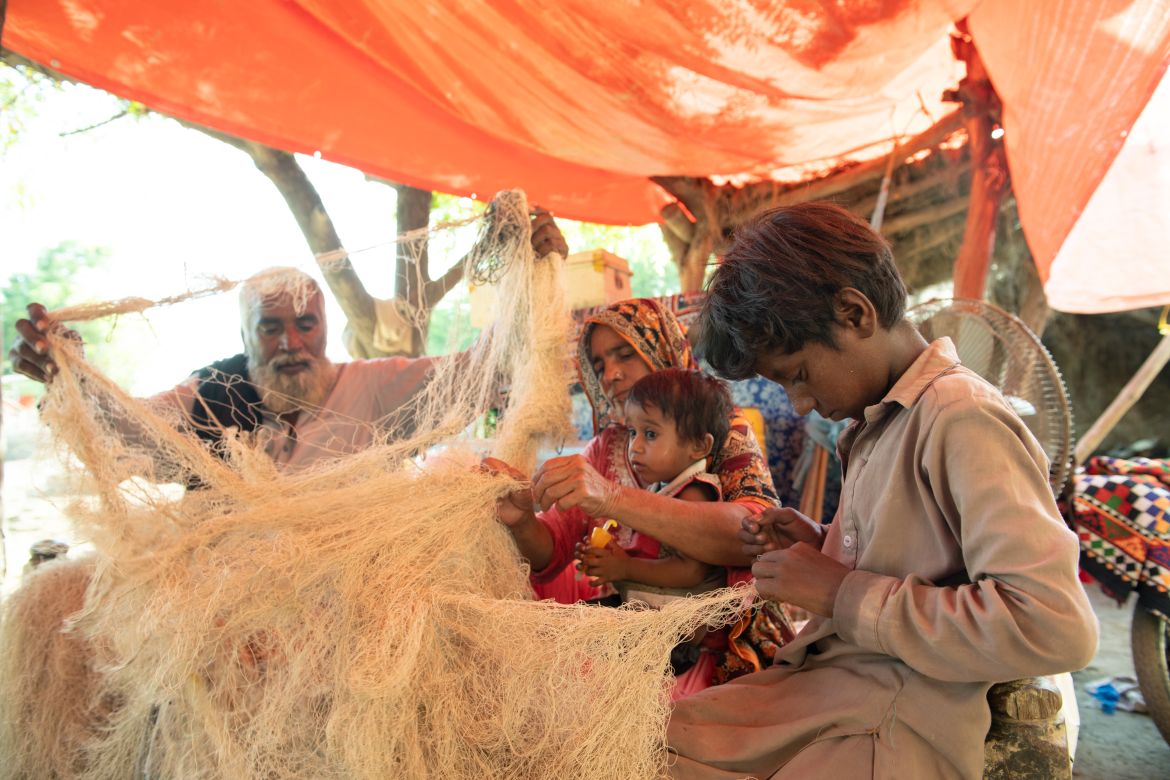
Pir Bhakkar, Sindh – Fishing is the centre of Muhammad Kasim’s life. His family has fished near the Indus River for generations. However, the recent floods in Pakistan have turned his village, Pir Bhakkar, into a swamp.
Now, his profession and his large family’s source of income are in jeopardy until the waters recede.
Unprecedented floods have affected the livelihoods of millions of people across Pakistan, destroying crops and livestock, including fish, two primary sources of income for rural households.
The fishing industry, which is worth $650m and is the key source of income for many in Pakistan’s southern province of Sindh, faces an uncertain future. The record rainfall that caused the floods may well be the new normal as climate change supercharges weather patterns.
Rural fishermen like Kasim do not have it easy. Lakes and ponds are often “owned” by landlords, who first demand a fee for locals to fish. Other landlords pay fishermen a daily wage to catch fish, which they keep and sell themselves.
Kasim lives within a 10km radius of a pond and three canals and is 20km (12.5 miles) away from the Indus. When the floods hit his village, locals eager to catch fish without paying landlords set up fishing nets in the inundated areas. Their efforts were in vain. Fish from ponds, lakes and rivers quickly spilled over the nets and disappeared in the floodwaters.
Income from fishing is heavily dependent on the season. The floods struck during peak fishing season, which means that fisherfolk will have to seek other options to put food on the table this year.
The monsoon season in rural Pakistan is typically welcomed with joy, but many now fear the next rains. They are suffering from what could best be described as “climate anxiety” – a term that has not been translated into Sindhi yet.
Kasim worries his son will be forced to abandon the family’s long tradition.
There are other problems too. Decades of overfishing in the Indus has depleted fish stocks, leading the Punjab government to introduce a 10-year ban earlier this year on commercial fishing in the river. Despite this, illegal fishing continues.
Last week, Pakistan’s government launched the “Living Indus” initiative to restore the river’s ecosystem, so the Indus basin can become resilient to climate change.
